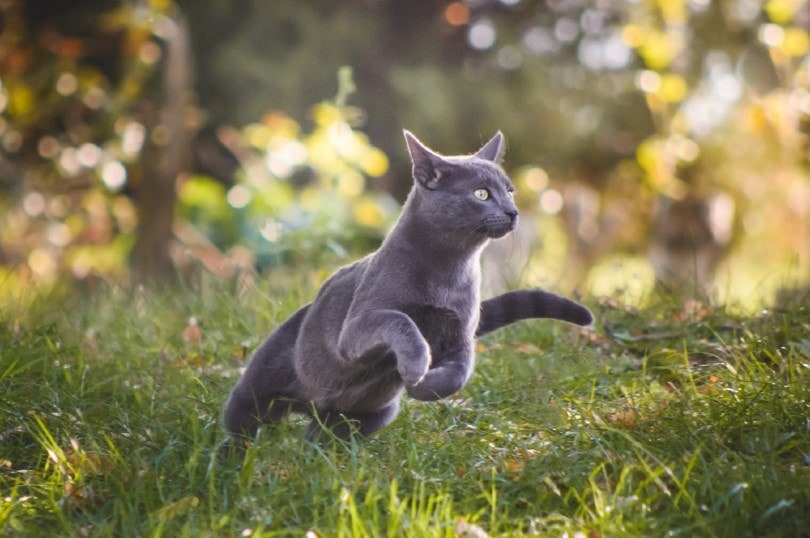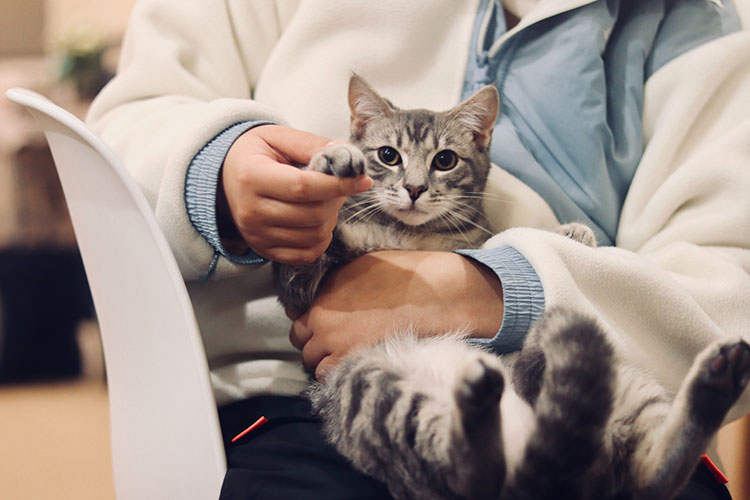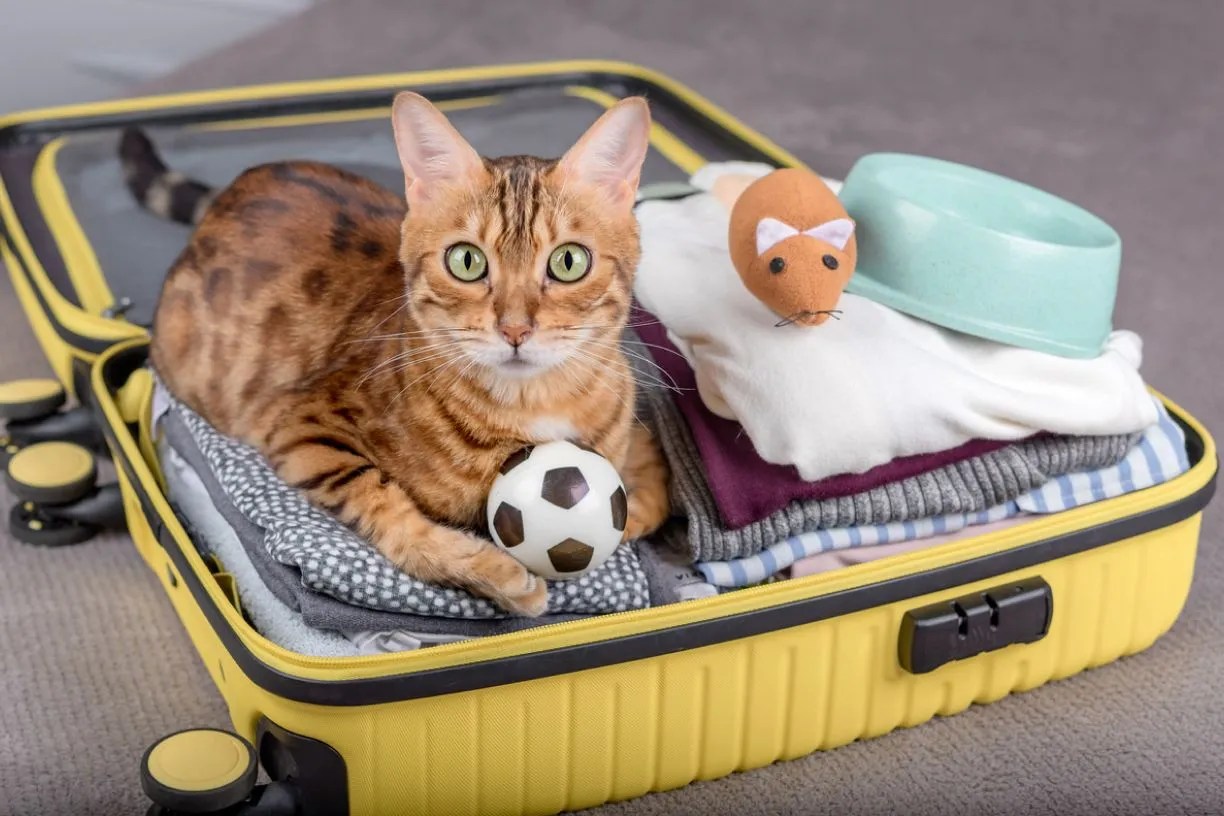After more than a decade of research, Dr. Kathryn Meurs of North Carolina State University has identified one genetic mutation in roughly sixty percent of Sphynx cats with HCM. This highlights the importance of her continued research to locate the other mutation(s) responsible for the other forty percent of cases.
This research provides an additional tool breeders can use in conjunction with yearly echocardiograph screening. North Carolina State University now has a simple $40 DNA test that can be ordered here. DNA collection kits are mailed to breeders who want to gather the buccal sample themselves or can be collected by a Veterinarian. Results are mailed back within a few weeks. Additional information on how to read test results is provided.
In addition to regular DNA panels and echocardiograms, cat owners can request results of Sphynx HCM risk gene for any prospective new family member. It is important to keep in mind, a positive result (heterozygous or homozygous) does not mean a cat or kitten will ever develop HCM. While genetic mutations are causative for disease, HCM is a very complex disease. Mutations are heavily influenced by other factors, like other genes (protective modifier genes), diet, lifestyle, and viruses, among others. This DNA test is not a diagnosis for HCM, but should be considered a risk identifier. A Sphynx with two copies of the mutation can live into their late teens with a beautiful healthy heart for example, where as a Sphynx negative for this mutation might die of heart failure at 1 year old. This new test is just one more piece of the puzzle, and in combination with echocardiograms and careful breeding choices, will help reduce the prevalence of HCM in Sphynx breeds.
Dr. Meurs is still in need of saliva DNA samples of HCM positive Sphynx. Complimentary or heavily discounted Sphynx HCM DNA tests will be offered to participants. Those interested in helping can contact Dr. Meurs at kate_meurs@ncsu.edu.
Donations to Dr. Meurs HCM research can be made here.





















































































